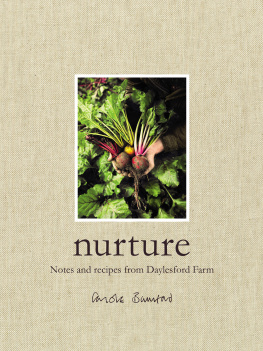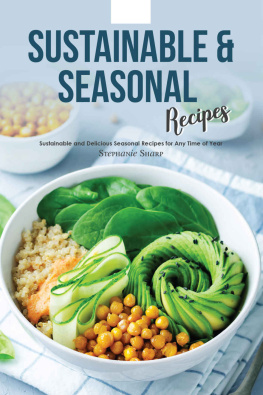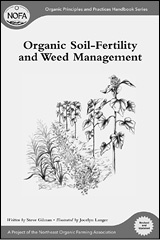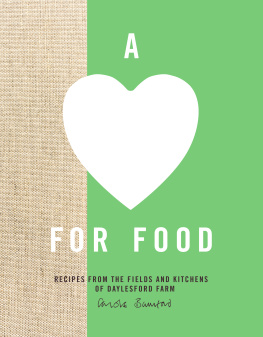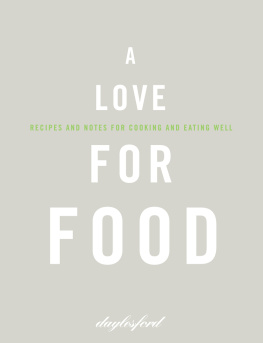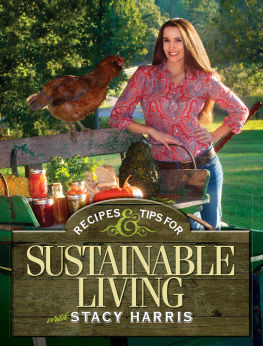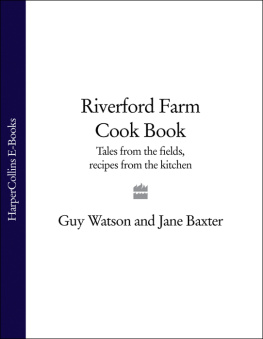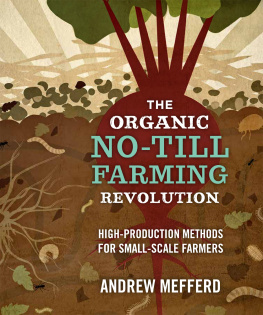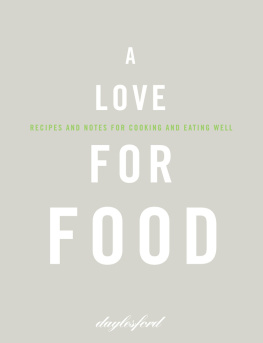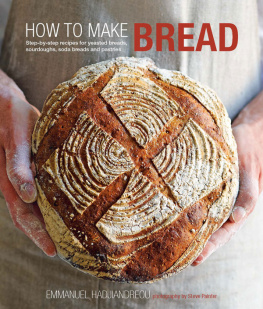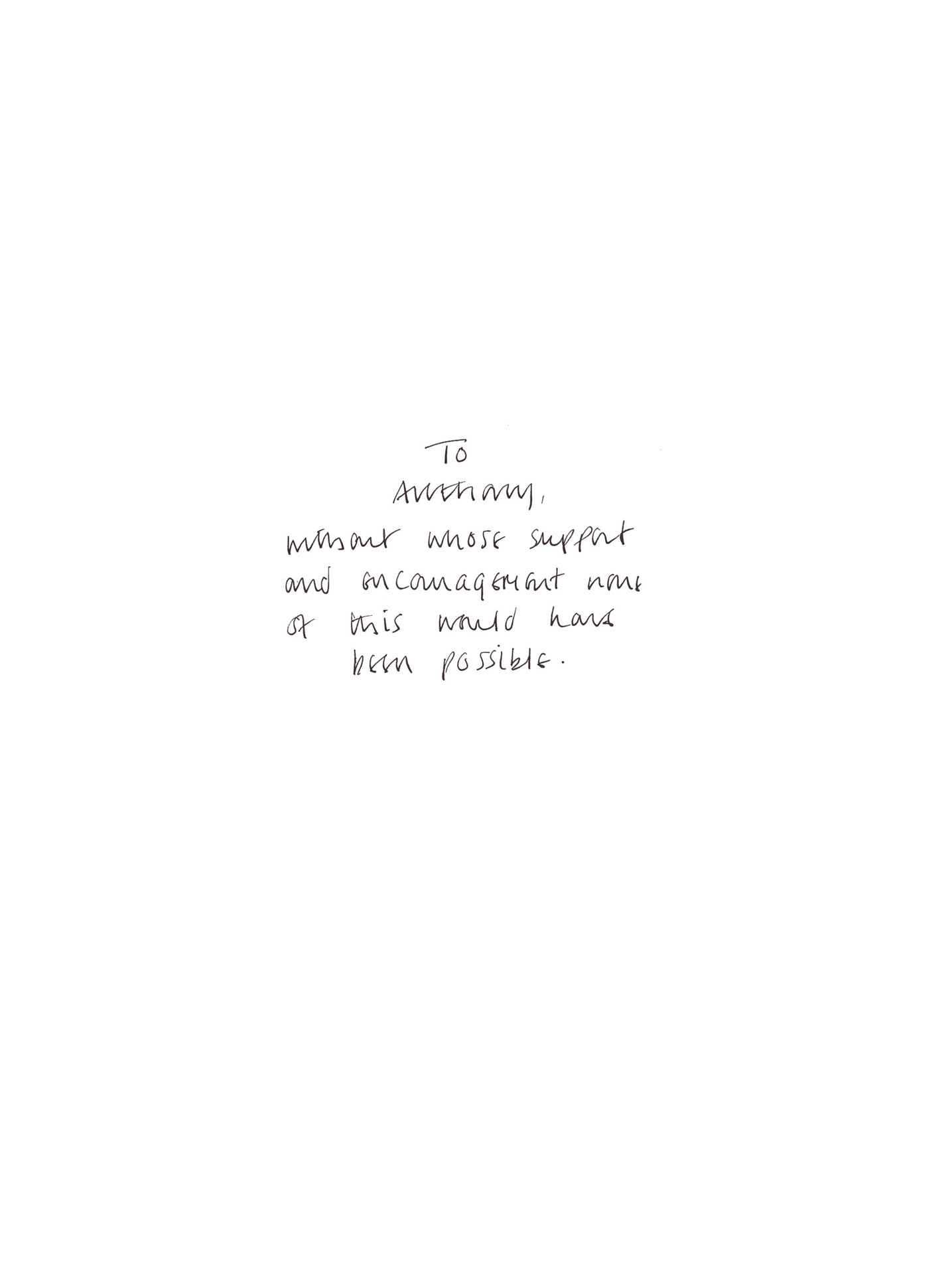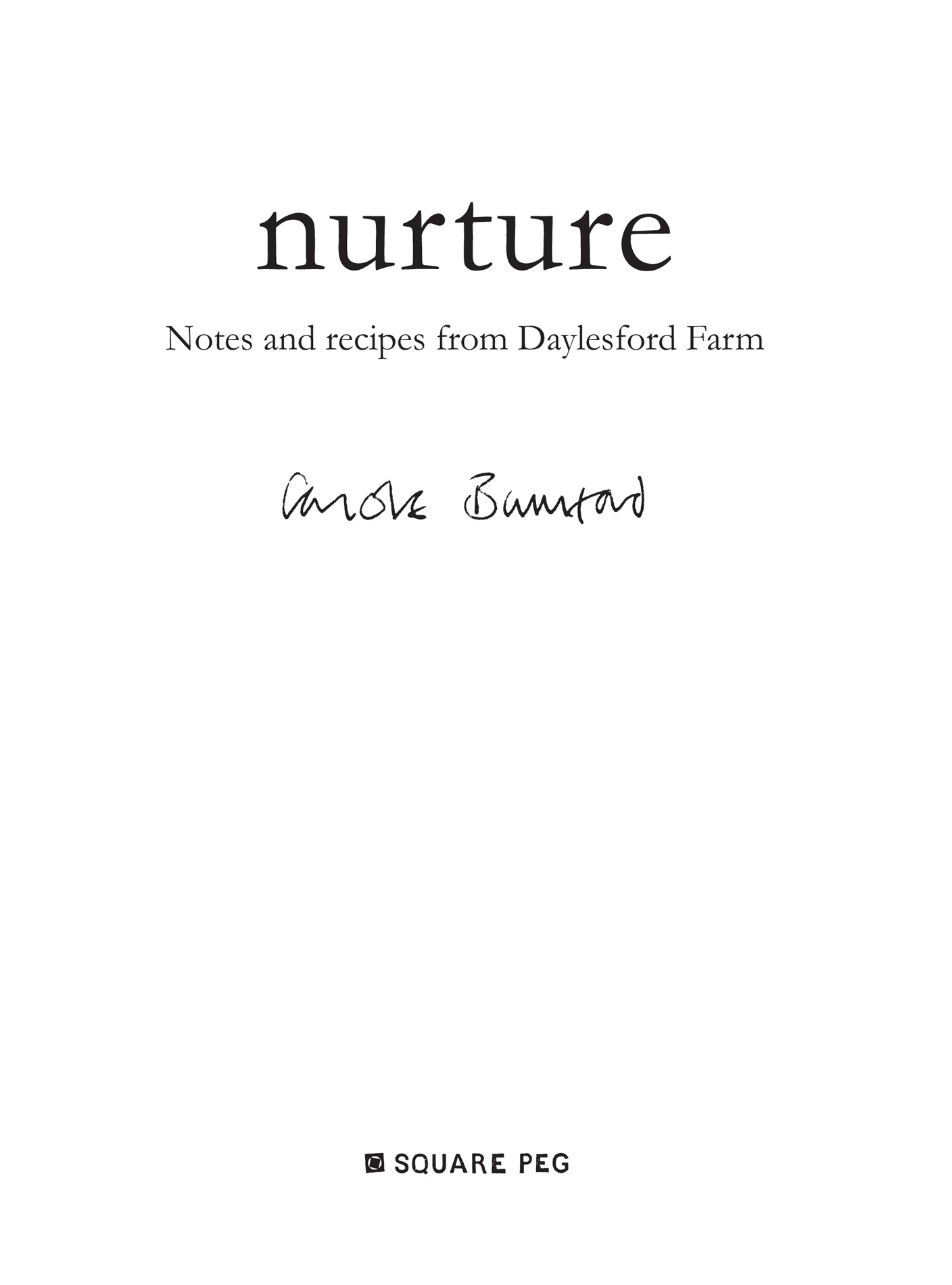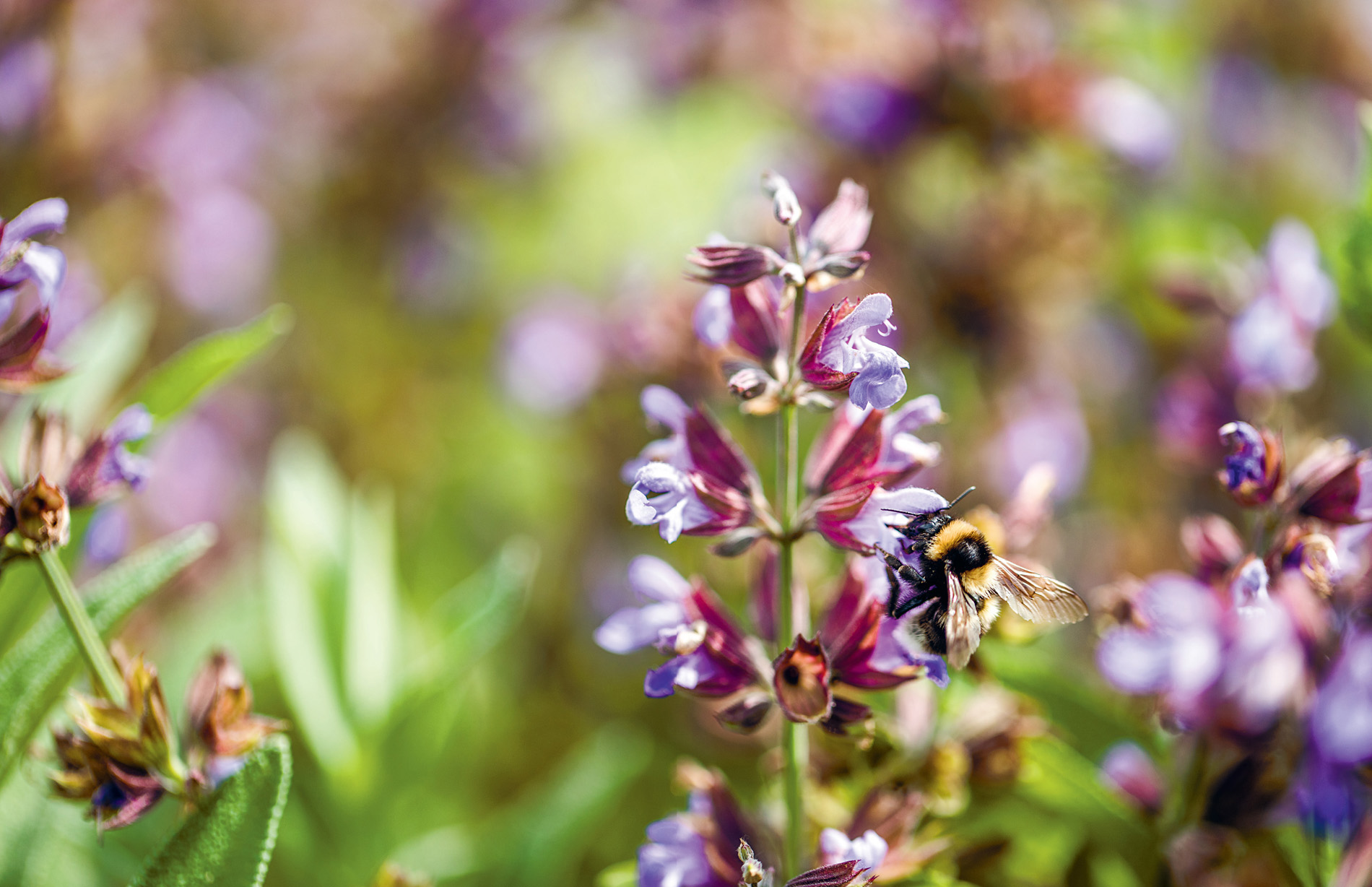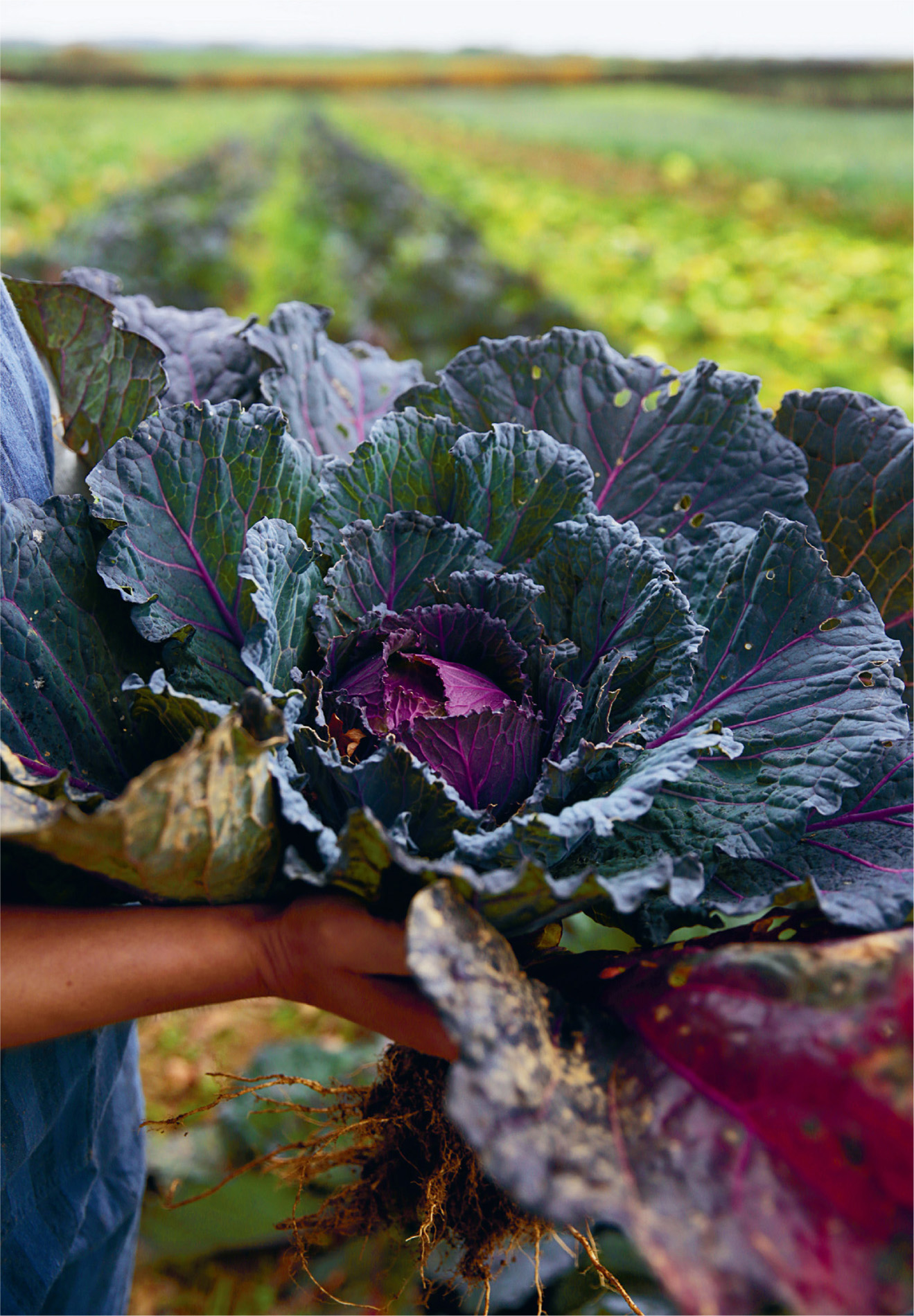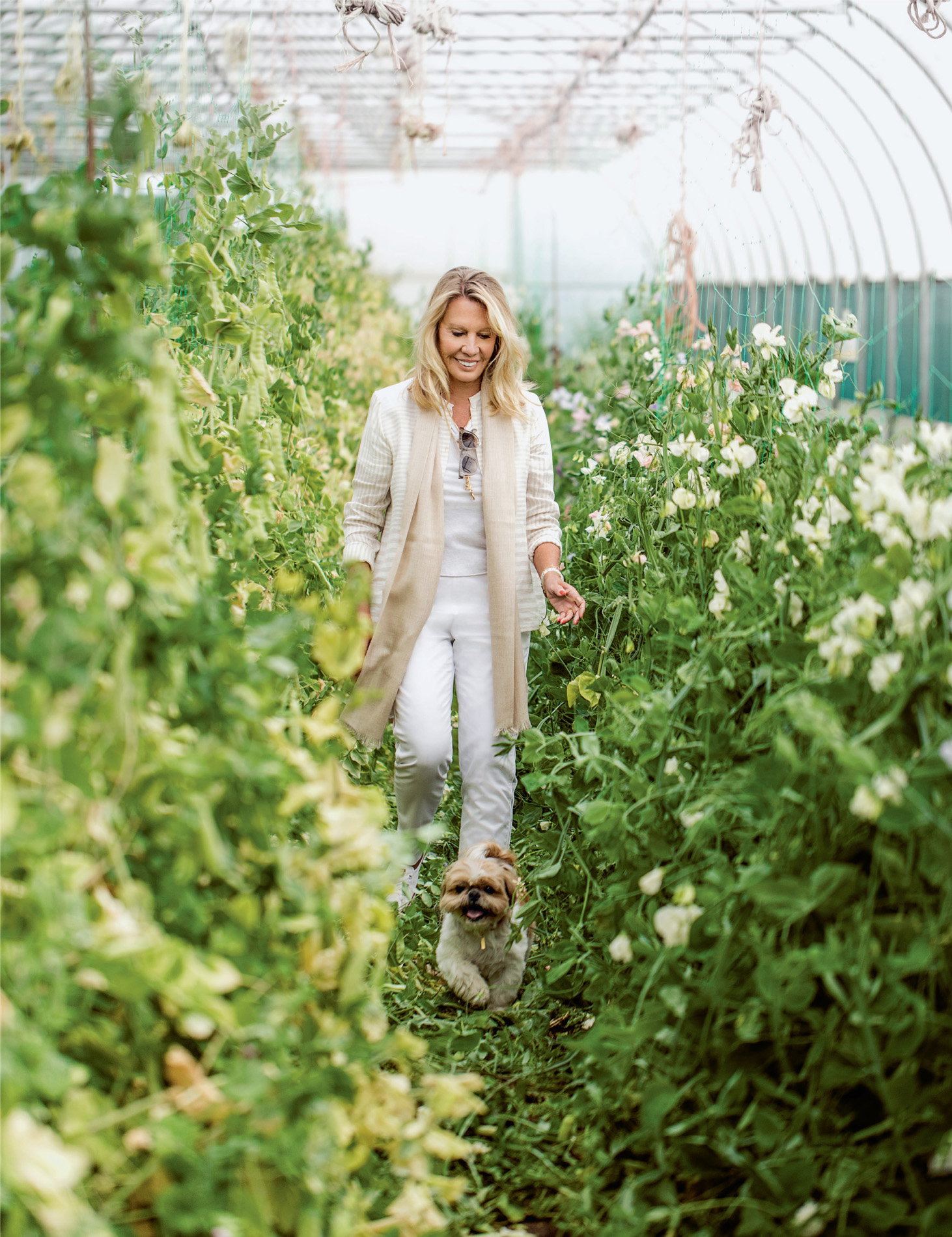INTRODUCTION
I begin every day by taking my dogs for a walk around the farm. The dairys milking team will already be hard at work and Ill usually see a few heads among the rows of vegetables or fruit trees, lifting or trimming or tending to our market garden. And as I look around, I am still so immensely proud of what I see. What began as a desire to make a small difference to the health and future of our planet, and to feed my family in a better way, has grown from a collection of empty barns and bare fields to become Daylesford.
This book tells a little of the story and shares the beliefs and ideas that have led to Daylesford becoming what it is today; how and why I started along a path to lead a more conscious life and how that path continues to teach and challenge and fill me with joy every day. But it also celebrates the work of so many others. I am very fortunate to be surrounded by the most brilliant team, who are as passionate and committed to Daylesfords philosophy as I am. Above all they are driven by the same desire to share the work that we do as widely as possible. I have a vision but my team are the experts they are the ones who make it all happen.
My hope is that you might take even just a little of what you are about to read and be inspired to make a difference too. I believe its not just doing a good deed, its a responsibility. Were custodians of our land, our soil, our bodies and minds, and our precious planet and I think we can all make small changes to live in a more mindful way, to take care of them and strive to leave our world in a better state than we find it. Cooking and eating well were central to my childhood. Im a child of the 1950s and I know that has had a huge part to play in shaping my life. I grew up in a time when food was still rationed so we had to make the most of what we had and much of the way I do things today is simply how we lived back then we looked after things; we looked after ourselves and we looked after the land.
When I think back to that time it reminds me to be very grateful for what I have today. So many of us have lost sight of where our food comes from but food has a real value and I worry that sometimes we forget that. Weve lost that connection between field and fork the how and why our food comes to be on our plates. We sit down to meals often without a second thought about what were eating and without sensing or savouring the flavours and ingredients. Mealtimes have always been very important to me but even more so from the time I became a mother. As well as being the time to nurture and nourish our bodies well, meals are an opportunity to bring my family together, to spend time celebrating and enjoying our food together and acknowledging the work and care that have gone into creating it. I like to make an effort with the table setting at mealtimes to set a scene and make it look special and I love seeing others enjoy that.
Farming was very different back then too. We didnt use chemicals and pesticides because we didnt have them. There were only small farms where everything was free-range and it was organic by nature. Then in the late 1960s and 70s came this big push towards progressive agriculture big machinery and huge farms whose sole aim was to reap as much from their crops and livestock as they possibly could, whatever the means. Farming was no longer about working with natures natural rhythms and timescale; it was all about speeding things up. The hedgerows were pulled out to create more space for the fields, wildlife and bees lost their natural habitat, and soil health and plant diversity were sacrificed in the race to produce as much as possible. It seemed like such a good idea, yet what is clear now is that it wasnt sustainable it was instant gratification in return for years of damage and loss.
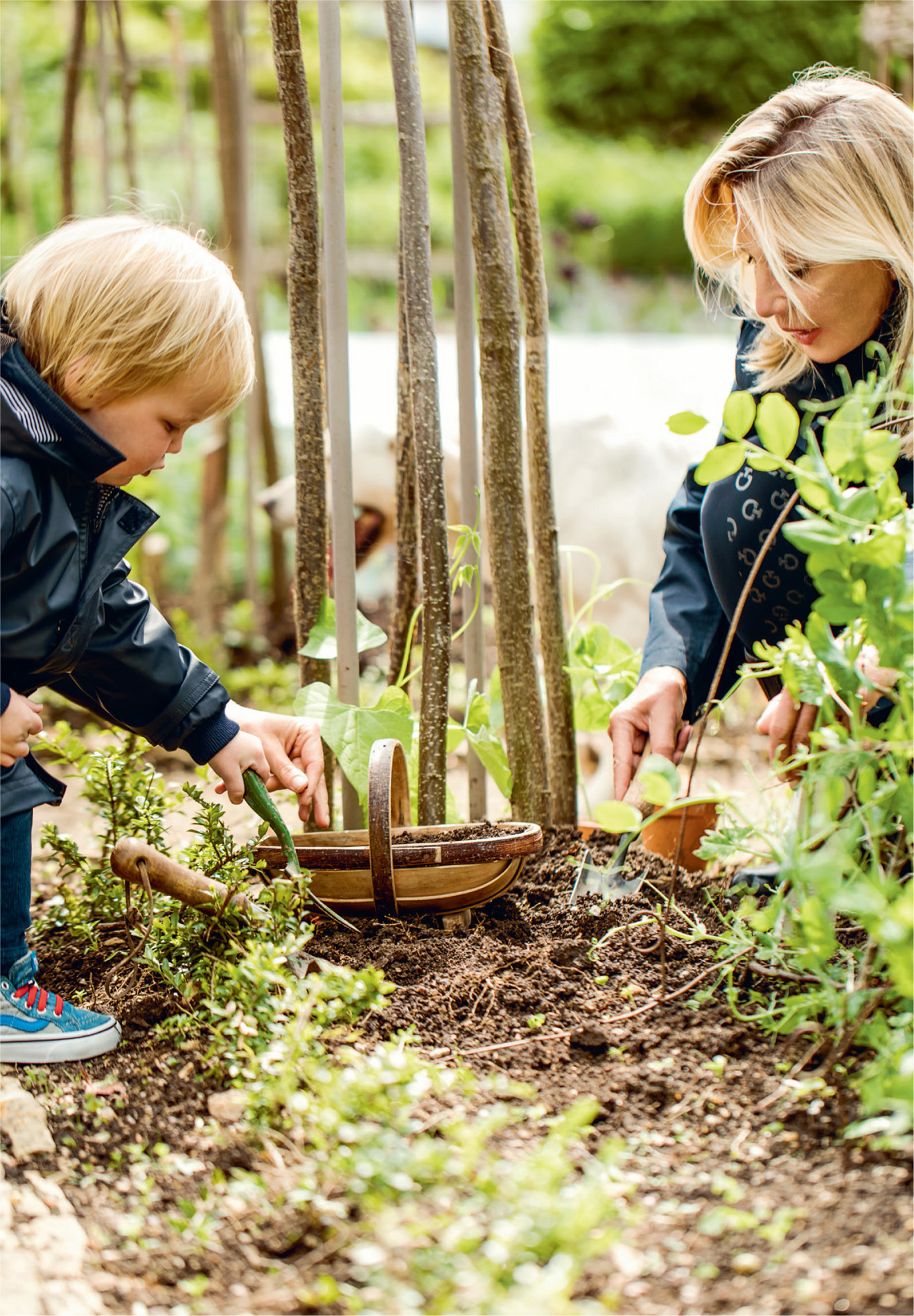
When I married, we lived on a farm in Staffordshire and it was there that I was first struck by the idea that things needed to change. Starting to farm organically wasnt a decision for me. Once Id learned about what was being done to our countryside, our food and our planet there was simply no way back I couldnt go back.
It was a very hot summer the heatwave of 1976 when I was in the garden with my first baby Alice and noticed that my newly-planted roses were beginning to wilt. I could hear these big machines spraying something so I went to see the farmer next door to ask him about it and he told me they were spraying Roundup. I didnt like the sound of that, and I could smell it; it was everywhere. I learned later that Roundup is a strong herbicide and its toxins had been carried by the air and had caused my roses to wilt.
Not long afterwards I went to the Royal Agricultural Show in Coventry and came across this little tent run by an organic farmer. I spent two hours with him and he explained to me what being organic meant and how we could raise our animals and grow our crops in a sustainable and natural way without pesticides or antibiotics. On the way home I recall saying to my husband, We cant carry on farming the way we are; we have to do it differently.
I went to our farm manager who showered me with arguments about how we wouldnt be as productive and that profit would go down, but he agreed to try it on 30 acres. It took three years to get them up and going, and seven for the whole farm to become organic. And I remember our wonderful shepherd Dick coming to me and saying, Do you know, you were so right the animals are happier; theyre healthier because were treating them homeopathically, and the lamb has a better flavour.
Organic farming isnt the easy path crops fail, the weather interferes with your plans and you have to pick yourself up from the ashes sometimes but Ive never looked back.
Holistic living
When we started to farm in this way I often came up against resistance. People couldnt understand why we wanted to do it, and I was battling against fixed notions of what being organic meant and whether organic food really was better for you. But it feels as though were currently at a turning point. Theres a wider awareness and acceptance that what goes into our body is so important for our overall health and well-being; and people are understanding that we do need to live in a holistic way to look after our body, mind and spirit not just because it makes sense for us but because it makes sense for the world and for the long-term health of our planet.
For me eating organically is a chain; it starts with healthy soil and ends with nutritious food and a healthier planet.
In a way weve come full circle. More and more people want to know what theyre eating and how their food is produced, and theyre asking more questions. Organic food is more expensive. It has to be. There was a time when eating organically was considered an extravagant luxury, but attitudes are changing. People are shopping more consciously, and instead of going around a supermarket and buying far too much and wasting it, they are buying what they know they need and finding out where their food is from and how it was produced; theyre moving away from supermarkets towards supporting local shops and smaller, artisan producers and businesses who are mindful of their ethical and environmental footprint.

